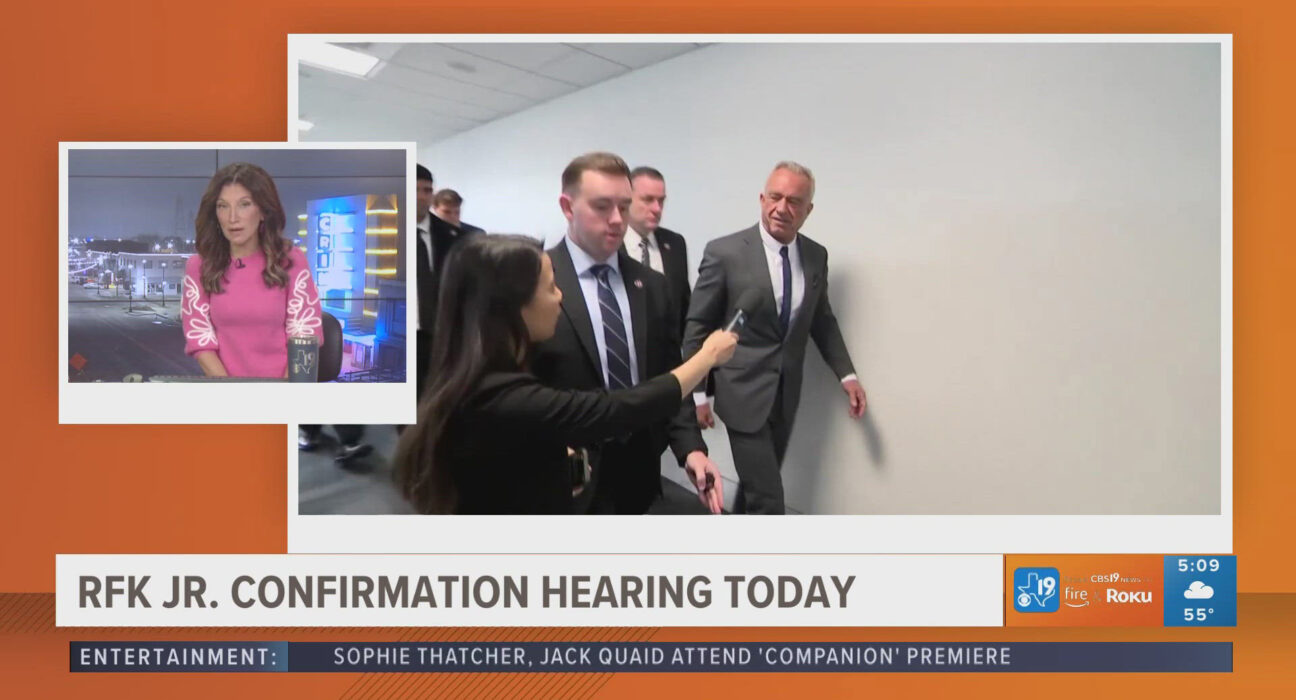—
Experts Caution Against RFK’s Proposal
Imagine a scenario where a dangerous virus is allowed to run rampant through the population it typically infects. That’s exactly what has been suggested by high-ranking federal officials regarding the H5N1 bird flu virus spreading among poultry farms in the U.S. While this proposal may seem like a way to identify immune birds, experts are sounding the alarm that this hands-off approach could pave the way for a devastating pandemic.
Virologists and Health Security Experts Speak Out
In a recent perspective piece published in Science, a group of virologists, veterinarians, and health security experts expressed their concerns about this strategy. According to first-author Erin Sorrell from Johns Hopkins Center for Health Security, allowing a virus like H5N1 to thrive increases the risk of mutation and potential adaptation to humans, leading to a possible pandemic.
Expert Insight: “The longer you allow a virus with multiple host capabilities to survive and spread freely, the more opportunities it has to mutate and potentially become transmissible in humans,” Sorrell explained.
Understanding Bird Flu in the U.S.
H5N1 is part of highly pathogenic avian influenza that poses severe risks to poultry populations. With over 174 million infected birds across all states reported by CDC due to widespread transmission among different bird populations, drastic measures have been taken including mass culls and skyrocketing egg prices.
Expert Analysis: “H5N1 poses a significant threat not only to poultry but also crosses over to various mammal species and even dairy cattle,” shared an expert familiar with the situation.
Federal Strategy & Concerns
While federal plans aim at curbing infection spread with financial aids for farmers and vaccine research, there are growing apprehensions about radical approaches suggested by officials like Robert F. Kennedy Jr. Advocates propose letting infections spread widely as an opportunity for immunity selection but critics argue that such actions would lead to devastating consequences.
The Flawed Proposal
Kennedy’s proposal lacks practicality as commercial birds don’t pass genetic traits onto subsequent generations. The mortality rate among common poultry infected with H5N1 is extremely high which questions the effectiveness of his approach.
Expert Opinion: “Rapid culling remains pivotal in containing viruses on farms; eliminating established controls could further exacerbate exposure risks,” emphasized experts familiar with viral dynamics.
Proposed Solutions & Collaborative Efforts
Instead of risking widespread infections among commercial flocks, scientists recommend enhanced surveillance coupled with improved data sharing between stakeholders involved in poultry production. Collaboration between government agencies and industry players is crucial for effective outbreak response measures.
Insightful Perspective: “Greater transparency and interdisciplinary collaboration can significantly enhance our ability to combat such infectious threats at both state and national levels,” highlighted an expert advocating collaborative efforts against emerging viral challenges.
In conclusion, while discussions around innovative strategies are essential in combating infectious diseases like avian flu, it’s imperative that decisions are backed by scientific evidence and comprehensive risk assessments rather than speculative notions that could potentially unleash catastrophic consequences on both animal and human health.

